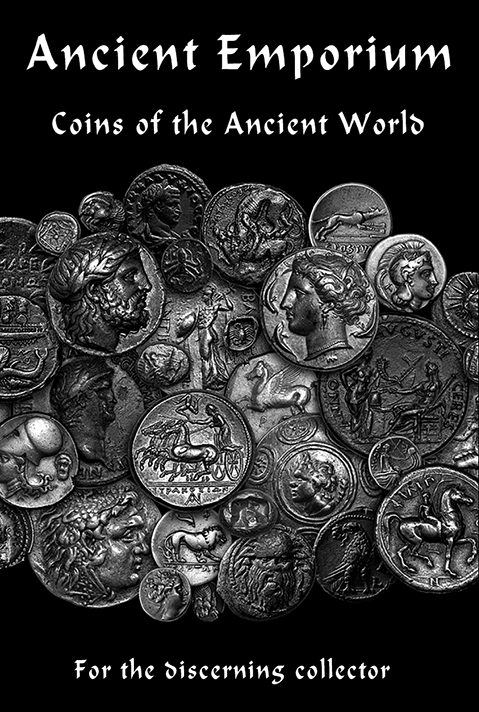It is not just the environment and the economy that are threatened by a warmer climate, but also culture and traditions around the word. Researchers at Lund University in Sweden and the University of Queensland in Australia have mapped what little is known about how climate change is eroding local knowledge and cultural heritage.
“We risk losing the memory of Indigenous people’s ways of life without this type of documentation,” says Guy Jackson, postdoctoral fellow at Lund University.
He is one of the authors of a literature study that includes 100 scientific articles, most of which focus on North America or the Northern Arctic Circle. One of the conclusions of the study is that cultural heritage is primarily seen as something of material value, such as an archaeological site or historic building. In addition, the loss is seen as a potential future problem, even though there is evidence that it is already happening.
“Research must broaden its geographical scope. It is telling that so few studies look at the loss of cultural heritage on small island nations, for example, which are at risk of completely disappearing as sea levels rise,” says Guy Jackson.
Focusing on material losses also means that important traditions and knowledge systems are overlooked.
“There are many non-material losses that are valuable for both individual identity and group identity,” says Guy Jackson.
The study shows a clear connection between loss of Indigenous cultural heritage and changes in the natural environment. For example, songs and working methods change when groups lose traditions linked to a physical location. One scientific article points out that for the Inuit in Canada, identity is closely linked to the environment: “Inuit people are people of the sea ice. If there is no more sea ice, how can we be people of the sea ice?”
According to Guy Jackson, this could lead to several consequences. Loss of traditions and cultural heritage can make it more difficult to deal with climate change, and weaken social cohesion, as people lose touch with traditional ways of life.
“Our research reveals how quickly local knowledge can change, and how strongly it is affected by changes in the physical environment. Apart from the fact that Indigenous culture could be eradicated by climate change, it raises the question if we can expect Indigenous people to protect and preserve rainforests and other ecosystems,” he says.
The researchers hope that the literature study can lead to more targeted research. In particular, they want to see a larger focus on how to handle, minimize and counteract future losses.
“Science should contribute by developing practical solutions and strategies that help with adaptation to the losses that have already happened,” Guy Jackson concludes.
The study is published in The Anthropocene Review.
Source: Lund University [September 08, 2021]




